24/7 Support Line
0808 500 2222
Office
0161 236 2182
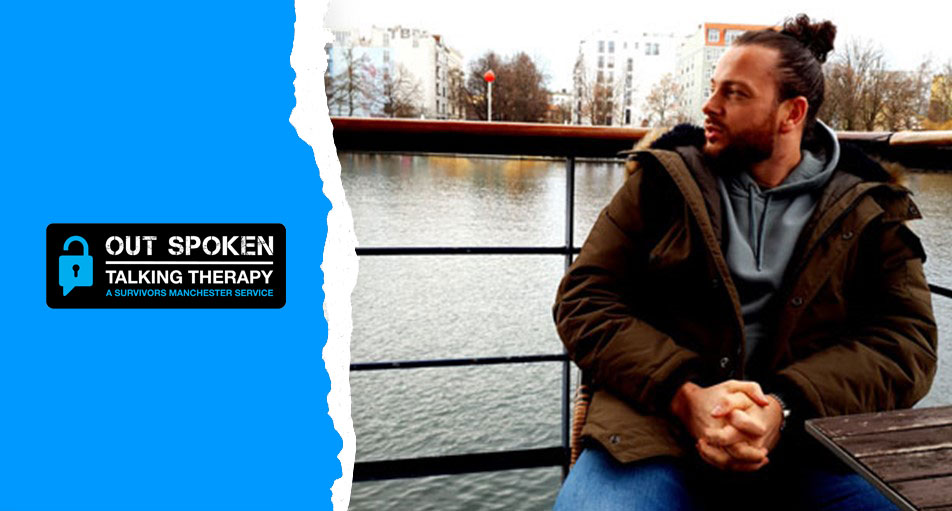
We Are Survivors’s work happens in many different environments and since 2014, our offer to survivors has involved working ‘behind bars’ in a number of Greater Manchester and North West prisons. Due to the success of our work in and partnership with HMP Buckley Hall, in 2020 we were commissioned to roll our programme out across all 15 North West prisons which meant investing more in our workforce.
So we asked one of our new Trauma Informed Therapists to give us his reflections on being a male therapist working in a very heavily male dominated environment. Here’s what our Rob had to say:
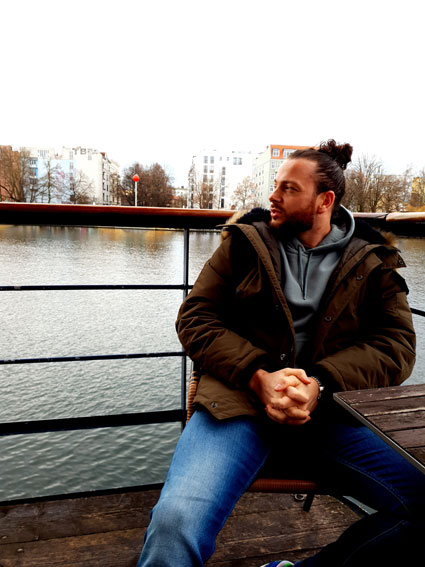
As a male going into an all-male environment, I am extremely aware and conscious that I’m walking into a challenging environment. Prison is notoriously known as a very ‘alpha male’ environment, maybe due to the very nature of those who are in there, having to survive – a very male behaviour? I think people would say I’m probably more on the “alpha male” side than not (I go to the gym; listen to rap music, like to box and enjoy watching it too) but suppose not your stereotypical pub boozer who watches the football – although I have played that character during my younger years. But I know myself and knowing yourself around people who may not, or can’t be themselves, often means treading carefully. As a young straight male, I am very aware that to those lads who are constantly on the lookout for threats (which I think men in an alpha dominated environment do), I may be viewed as potentially a threat… But then the fact I’m a therapist entering this environment for the purpose of helping, listening, doesn’t give me a ‘free pass’… I know I have to still be cautious of how I respond.
I’m a therapist who is comfortable generating challenge for those people I work with. I think once our relationship has been established and continually built, challenge can be really effective in learning, developing and growing – but used in the right way – as challenge is always a risk. It can always go the other way, no matter how well you think you know a client. A challenge taken in the wrong way potentially is experienced by a client as a threat; and to the man who has to do what he can to survive, all threats must be neutralised! But what does neutralised look like? Well, it certainly could mean aggression, avoidance, shut down, disengagement, all which could potentially damage not only this relationship, but with others if ‘word gets round’ – others may be unwilling to trust me. It really takes time to build a good reputation, it takes a lot less to gain a bad one. As you can tell, this particular issue is a trunk with many branches.
I am fairly streetwise and am aware of much of the language used in prison, similarly to that used in the urban areas and places I know well which can be an advantage in connecting but also a disadvantage if not managed appropriately. As I say, speaking the same language can help me to connect, but could also possibly remind a client of someone else from “their world”, which again could potentially develop into a threat.
As a therapist, part of my role is managing risk, and in prison the risk management is of not only the client, but of the entire relationship and of me myself and I. I have to manage my risk, to not come across as a risk, which then affects the risk of the relationship, and ultimately has an effect to the risk of the client. But how do you risk assess all of that?
One thing I feel is important early on is highlighting what is apparent… the elephant in the room, so to speak.
Therapy is all about the relationship between the therapist and the client. If, when beginning therapy, I can bring into the room my maleness and explore how the client feels about that and what OUR maleness means, then we have a chance to work through any potential issues that may crop up around that without having to necessarily voice them specifically.
Client needs to feel safe and my clients deserve to feel safe with me, not threatened. Ultimately, no matter how a client perceives me due to my appearance, it is my attitude and ability to make them feel accepted which will play the biggest part in how well we work together.
For me, the potential rewards of helping those who are often forgotten about, dismissed and really need it, far outweighs the challenges. Challenge is necessary to help us grow. So, if I use it therapeutically to help a client heal and grow, then challenge can only benefit me also, professionally and personally. Today I am open to learning. More importantly, I am open to being taught. and just as I can help a client from inside a prison they can also help me too. Therapy is learning.
I know through help I have received in my life, that passing it on is more important than giving it back. My potential clients will hopefully be released at some point and refrain from reoffending due to beginning their healing in therapy with me and continuing it in whatever form they choose. It’s a lifelong journey after all. They may then even go on to help others in a multitude of ways, passing it on and continuing the beauty of giving. That’s what I believe is possible through doing this work.
So, for me, that’s worth any difficulties and potential “risks” that may come with this job… bring it on!









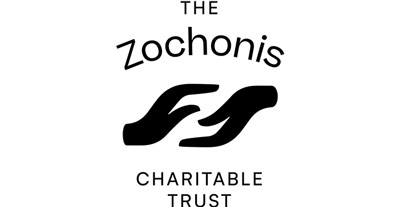
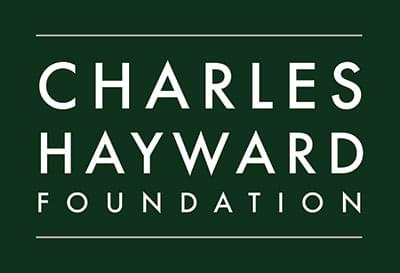
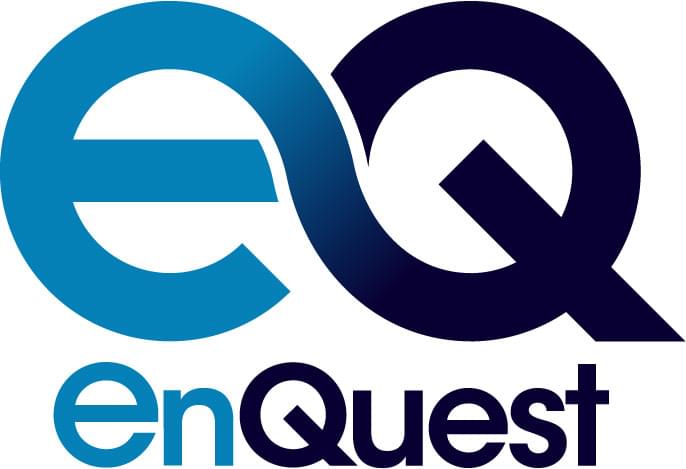

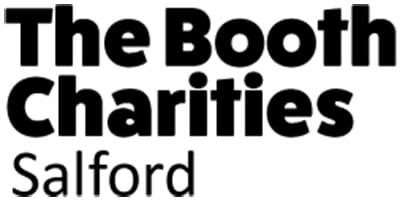
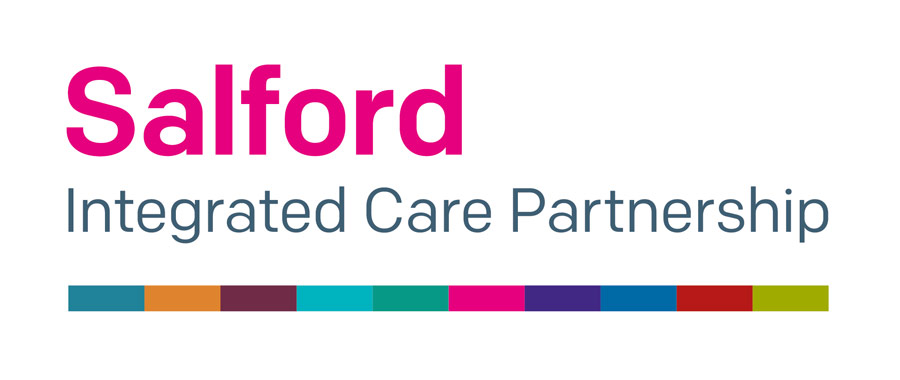

Helpline: 0808 800 5005
X